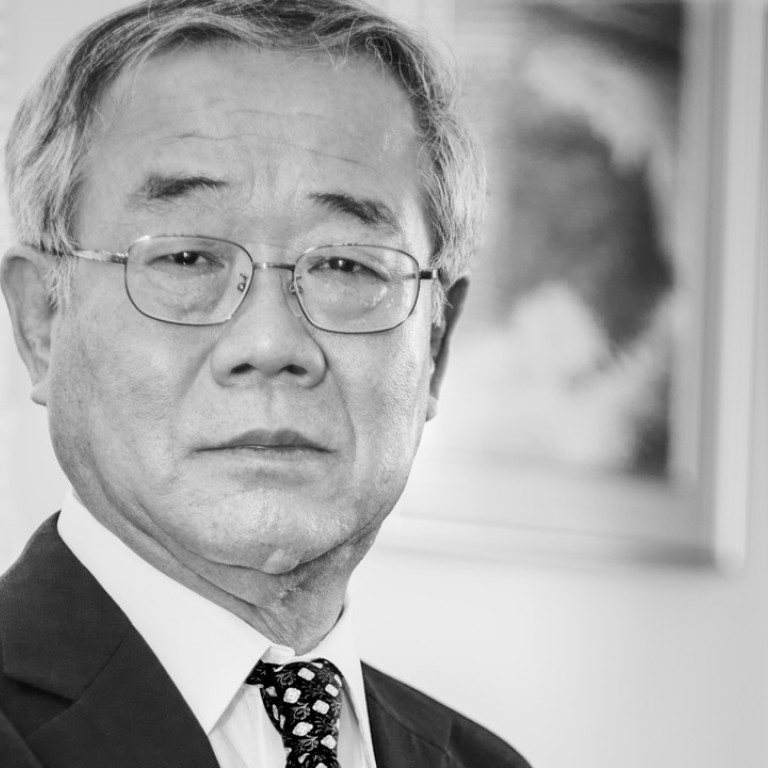
Fuji Medical Science expands technical collaboration in East Asia
Fuji is intensifying research and development to break new ground in the treatment of ageing and lifestyle diseases
Country Business Reports interviews and articles by Discovery Reports www.discoveryreports.com
Focused research and development (R&D) on energy metabolism has led to breakthroughs in athletic performance and restorative medicine. A forerunner in this field with world-leading products in calorimetry and artificial environment control rooms, Fuji Medical Science is intensifying R&D collaboration in East Asia to break new ground in the treatment of ageing and lifestyle diseases.
“My objective is to extend the benefits of our products to every corner of the world,” says Shigeru Nakajima, Fuji president.
The developer of Japan’s first human calorimeter in the early 2000s, Fuji has delivered custom-built systems across Japan and China. Human calorimeters use an indirect calorimetry method, which measures the energy expenditure and respiratory quotient from changing gas concentrations in a normobaric indirect calorimetry chamber with the test subject. Designed in close collaboration with clients’ research teams to suit specific study objectives, Fuji’s chambers are highly regarded because they chart the world’s No 1 measurement accuracy and simulate the comfort of daily living. The company’s latest delivery to the Beijing Genomics Institute is proving that metabolism and energy consumption are precious for the study of energy metabolism at a gene level.
My objective is to extend the benefits of our products to every corner of the world
Fuji also manufactures normobaric hypoxic chambers (NHC) or rooms that simulate the low oxygen environment in high altitudes. Used extensively in athletic training, NHCs have shown great potential in the study of chronic and degenerative diseases such as Alzheimer’s, diabetes, cancer and spinal cord injuries.
A participant in the central government’s campaign to curb obesity, Fuji is pursuing technical collaborations overseas to complement tie-ups with Japanese research institutes – with the goal of expanding the market application of calorimetry and artificial environment control rooms in everyday life. Among these is the Chinese national human calorimeter project, which is scheduled to be completed this year in collaboration with a top university hospital in Shanghai.
By 2020, Fuji will be preparing an annual symposium on energy metabolism involving medical doctors and other health care practitioners in Japan, China and South Korea.
“We would like to establish strong technical alliances for the future,” Nakajima says.
